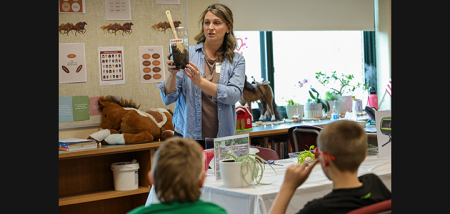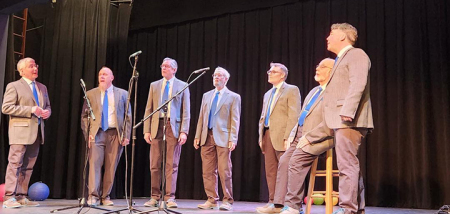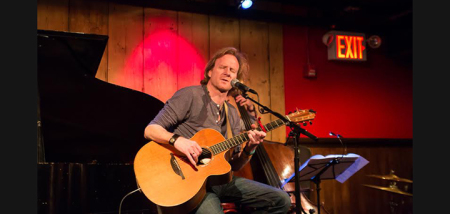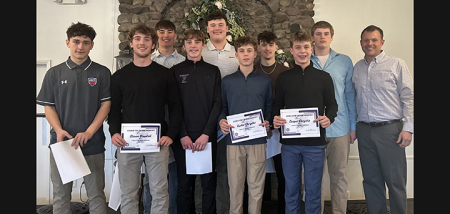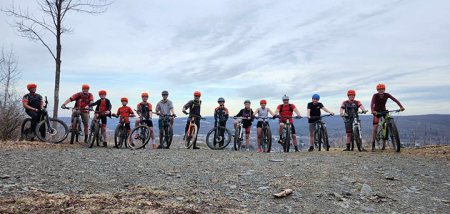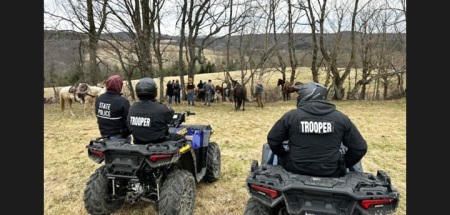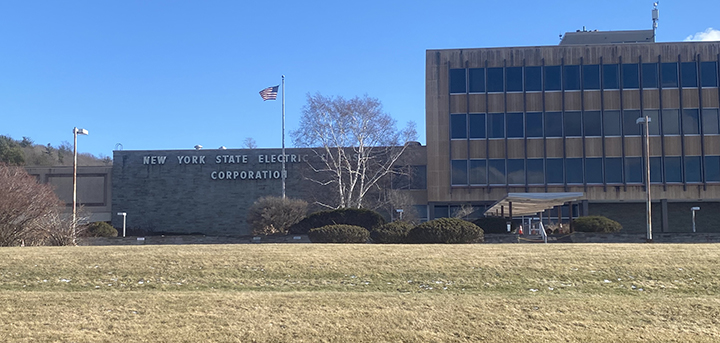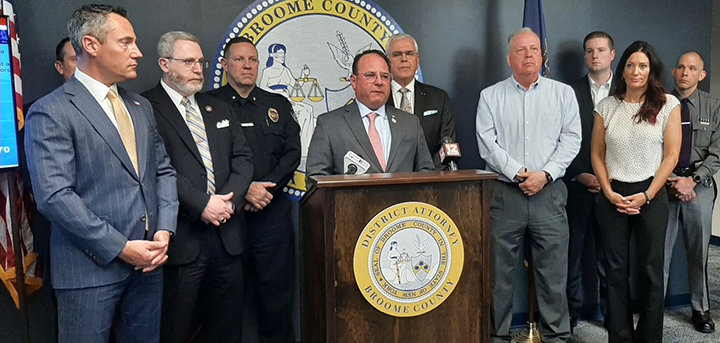I Am A Conservationist, Therefore I Hunt
Published:
February 26th, 2020
By:
Eric Davis
 Submitted Photo
Submitted Photo
Two weeks ago, I sat through a presentation in Nashville at the National Leadership Conference for the NWTF that was focused on the direction the organization was looking to head. Just like the hunting population, the NWTF volunteer and member average age is getting older instead of staying constant.
The National Board of Directors of NWTF had a research company come in and do a full assessment of the organization and what it can do attract and keep new members and volunteers. While the presenters went over the differences between the generations (Baby Boomers, Gen X, Millennials, and Gen Z) to show that one single action would not be enough. They then also covered the population dynamics of NWTF members, turkey hunters nationwide, hunters nationwide, and people who consider themselves conservationists. The presentation shifted to ask what is keeping conservationists from joining the NWTF, a conservation organization.
The immediate notion of anyone who hears about the NWTF is that it focuses on turkey hunting and that’s it. This is where a non-hunting conservationist would essentially stop and head the other way. However, this is where the presenters said there needs to be better communication between NWTF folks and potential members.
The NWTF’s mission statement includes two focuses, the conservation of the wild turkey and the preservation of our hunting heritage. The first is the conservation of the wild turkey. Conservation is the wise use of a natural resource without wasting them (taken from the NYSDEC Hunter Education booklet). This means that the NWTF supports using science to ensure the wild turkey population flourishes. For wild turkeys to succeed in an area, they require a wide range of habitat types that they use at different times of the year. All those habitat types are used by other species of wildlife. Therefore, by promoting the conservation of wild turkeys, the NWTF is helping a wide range of other species at the same time. In addition, aquatic organisms in the water bodies that are fed from runoff of those upland habitats benefit from improved water quality. The quality of the watershed directly influences the water (just look at how the NYC reservoirs and their watersheds are treated).
The second portion of their mission is to preserve our hunting heritage. Where conservation is the wise use of a resource, preservation is protecting in the current state. NWTF wants hunters to be able to continue hunting the way they can today. Hunting is a tool used in wildlife conservation to manage populations that have a surplus. Hunting harvest is meant to be compensatory, meaning that each animal harvested compensates for a “natural” death that would occur if there wasn’t a hunting season. For instance, if there was no deer season in New York the number of motor vehicle collisions with deer would go up (and the number of deer that are killed during those collisions would go up) or more deer would make it into winter and some of them would starve to death during hard winters as food became scarce. Under the North American Model of Wildlife Management, every citizen of good standing can participate in the harvest of fish and wildlife under the guidelines set by the state’s agency. The NWTF wants to make sure that the ability to hunt is not reduced or lost.
So, to put it more together, the initial thought most hunters have is that because hunting generates money that goes to wildlife conservation hunting is the reason there is conservation. They would say, “I am a hunter; therefor I am a conservationist.” However, there is hunting because of conservation. Conservation needed to come first when they started establishing hunting seasons and bag limits to make sure there would be game species for future generations. Moving forward when talking to anyone who doesn’t hunt but is interested in conservation consider the mantra of, “I am a conservationist; therefor I hunt.” The act of hunting is done understanding that it is helping with management goals set forth by the state agency and that it is helping conservation though funding.
Author: Eric Davis - More From This Author
Comments

